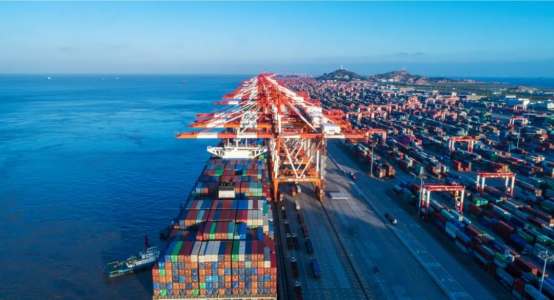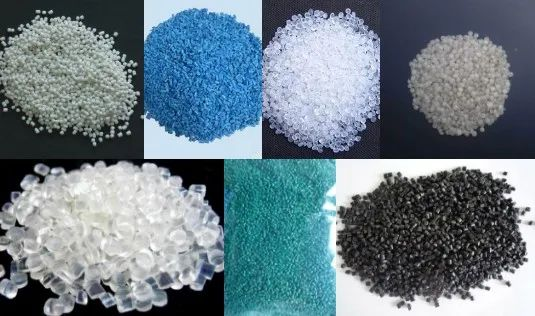
- English
- 简体中文
- Español
- Português
- русский
- Français
- 日本語
- Deutsch
- tiếng Việt
- Italiano
- Nederlands
- ภาษาไทย
- Polski
- 한국어
- Svenska
- magyar
- Malay
- বাংলা ভাষার
- Dansk
- Suomi
- हिन्दी
- Pilipino
- Türkçe
- Gaeilge
- العربية
- Indonesia
- Norsk
- تمل
- český
- ελληνικά
- український
- Javanese
- فارسی
- தமிழ்
- తెలుగు
- नेपाली
- Burmese
- български
- ລາວ
- Latine
- Қазақша
- Euskal
- Azərbaycan
- Slovenský jazyk
- Македонски
- Lietuvos
- Eesti Keel
- Română
- Slovenski
- मराठी
Trade Barriers Reshape the Plastic Industry Landscape
2025-03-17
Data reveals that Thailand imported over 1 million tons of plastic waste in 2023, and its ban will directly impact Southeast Asia’s recycled plastics industry. Meanwhile, the EU’s sanctions on Russian aluminum could drive up production costs in packaging, automotive, and other sectors.

Supply Chain Restructuring Accelerates, Technological Barriers Become Critical
Trade friction is forcing technological upgrades. The U.S. plans to fully ban AI chip exports to China, posing challenges for smart production-dependent plastic manufacturers—AI-optimized processes and advanced material R&D may face constraints.
Simultaneously, stricter global regulations on eco-friendly materials are emerging: France banned disposable e-cigarettes, Japan added PFOA to its prohibited substances list, and companies are pivoting to biodegradable alternatives. China’s Hainan crude oil-to-ethylene direct cracking project (scheduled for completion by late 2025) exemplifies efforts to counter supply chain instability, easing regional biodegradable plastic shortages.
Market Volatility Intensifies: Price-Demand Tug-of-War
Short-term trade sanctions and fluctuating crude oil prices have created a divided plastics market. Polypropylene futures prices oscillate between 7,200–7,900 yuan/ton. While seasonal demand for agricultural film provides support, new production capacity (e.g., Inner Mongolia Baofeng’s 500,000-ton plant) caps price gains.
The EU’s restrictions on Russian maritime services have driven up global logistics costs, squeezing small and medium-sized enterprises. Notably, amid U.S.-China trade tensions, domestic plastic import substitution is rising—China’s recycled plastic volume hit 19 million tons in 2024, with the market exceeding 100 billion yuan.
Path Forward: Green Transition and Global Collaboration
To navigate these challenges, the plastics industry must build a resilient "dual-circulation" system. Companies should invest in biodegradable and recycling technologies, exemplified by LianHua New Materials’ flagship project, which annually absorbs 80,000 tons of CO₂.

Policymakers must collaborate to improve recycling frameworks—Thailand’s "full recycling target" and China’s revised *Plastic Circular Economy Promotion Law* emphasize full-industry responsibility.
Emerging sectors like low-altitude economy and humanoid robotics (e.g., Tesla’s Optimus demand for lightweight materials) are opening new avenues for high-performance plastics. Only by leveraging innovation to counter trade barriers can the industry seize opportunities in this transformative era.




